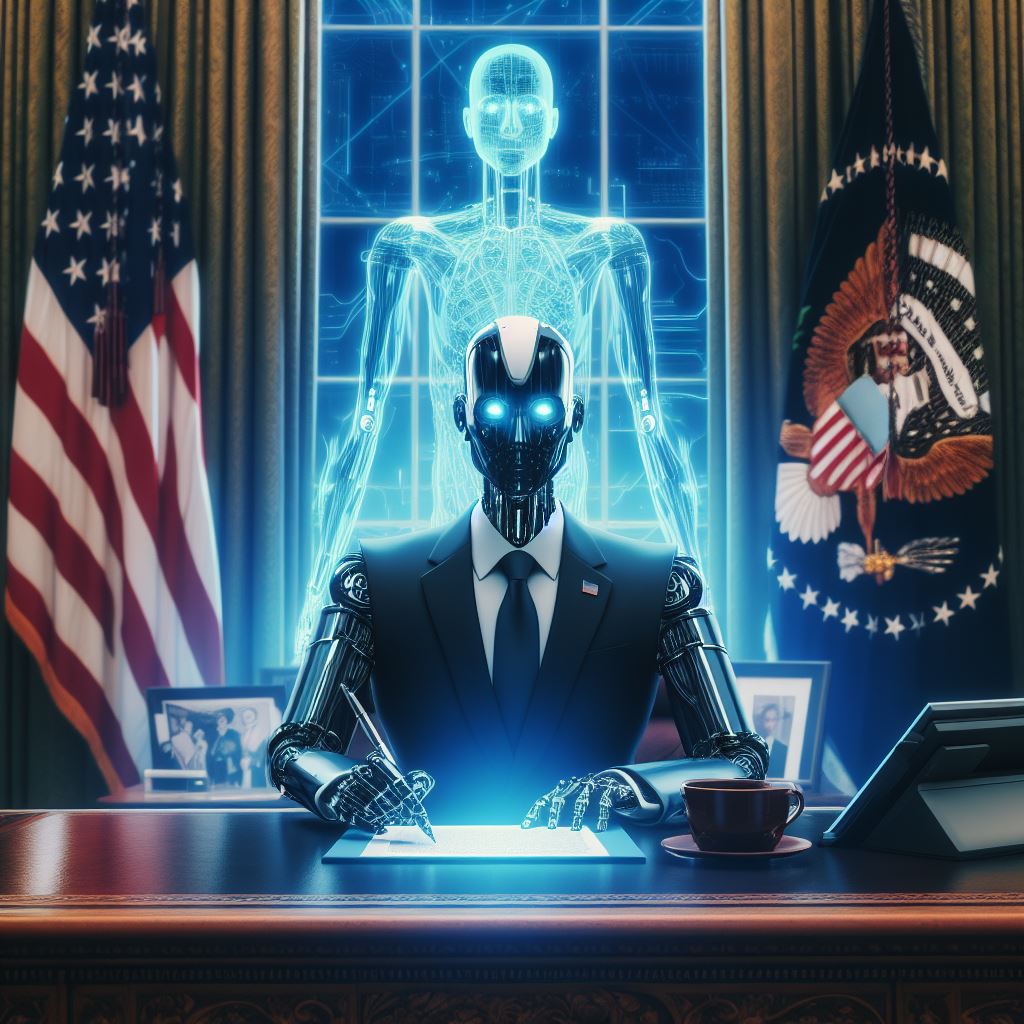
On Jan. 29, the White House released a fact sheet detailing key actions taken on artificial intelligence (AI) in the wake of President Joe Biden's executive order, marking three months since its issuance. Led by Bruce Reed, the White House deputy chief of staff, the White House AI Council convened to review the implementation of directives outlined in the executive order, with participation from officials representing various federal departments and agencies.
The fact sheet heralded these updates as significant strides toward fulfilling the president's mandate to safeguard Americans from potential risks associated with AI systems. Notable achievements include the utilization of the Defense Production Act to compel AI developers to disclose critical information, including AI safety test results, to the Department of Commerce. This requirement extends to the reporting of large computing clusters capable of training powerful AI systems.
Another noteworthy development highlighted in the fact sheet is the proposal of a draft rule aimed at U.S.-based cloud computing companies. This rule seeks to mandate reporting if they provide computing resources that aid in foreign AI training efforts.
Furthermore, the fact sheet underscored the completion of risk assessments by nine federal agencies, encompassing the deployment of AI across various critical infrastructure sectors. These assessments will serve as the foundation for subsequent federal actions in addressing AI-related risks.
In addition to safety-focused initiatives, the fact sheet emphasized efforts to cultivate AI expertise within the workforce. Partnerships such as the collaboration between the National Science Foundation and Nvidia aim to advance AI research, while the launch of the AI Talent Surge initiative seeks to bolster the recruitment of AI professionals across federal agencies. Additionally, the establishment of an AI task force at the Department of Health and Human Services underscores the commitment to fostering AI innovation in healthcare policy development.
Jamie Nafziger, chair of international law firm Dorsey & Whitney's Cybersecurity, Privacy, and Social Media Practice group, lauded the progress made, noting the completion of several requirements outlined in the executive order's first three months. Nafziger highlighted ongoing efforts expected to unfold throughout the year, with guidance anticipated from various federal agencies, signaling continued momentum in advancing AI initiatives aligned with President Biden's directive.